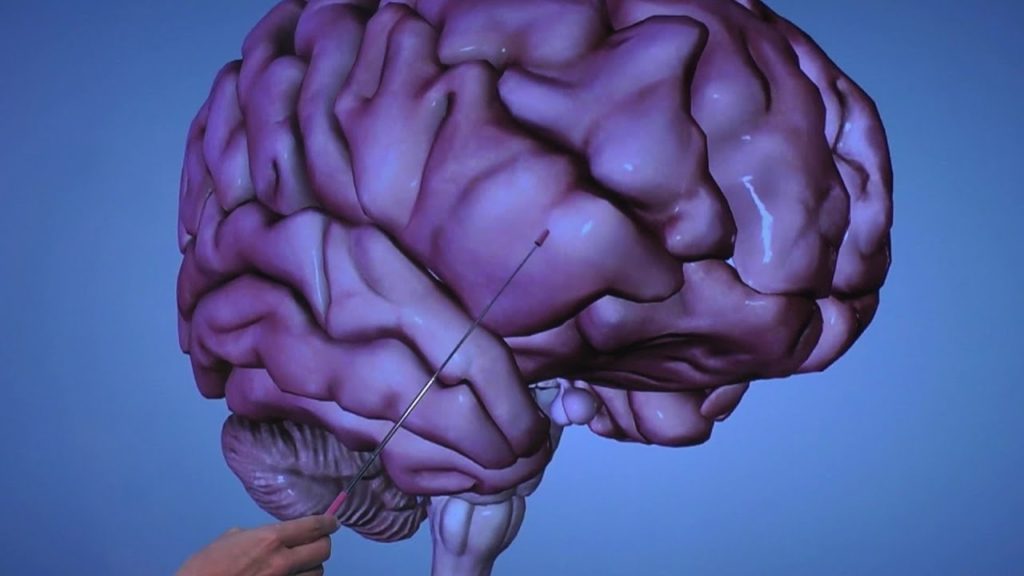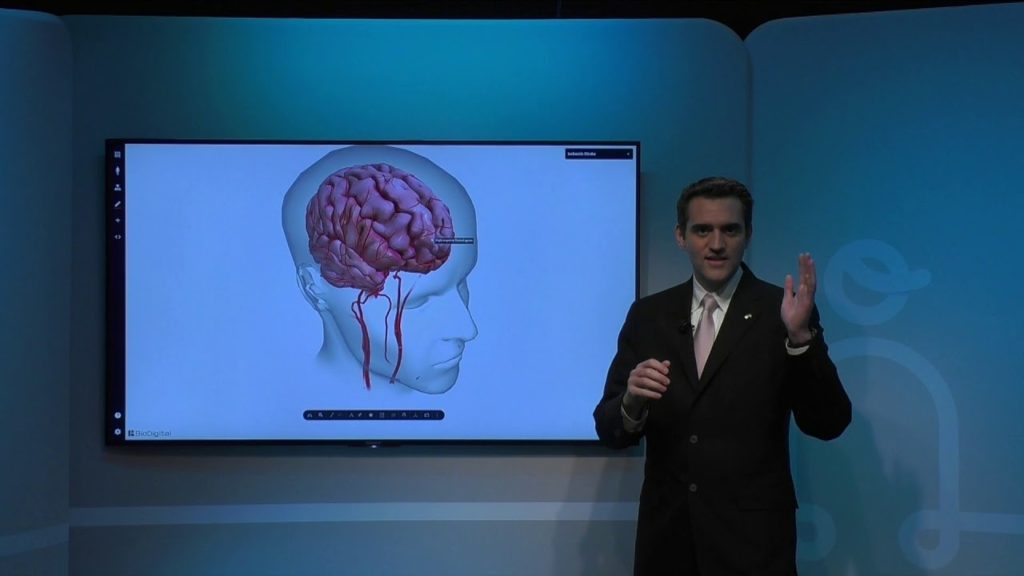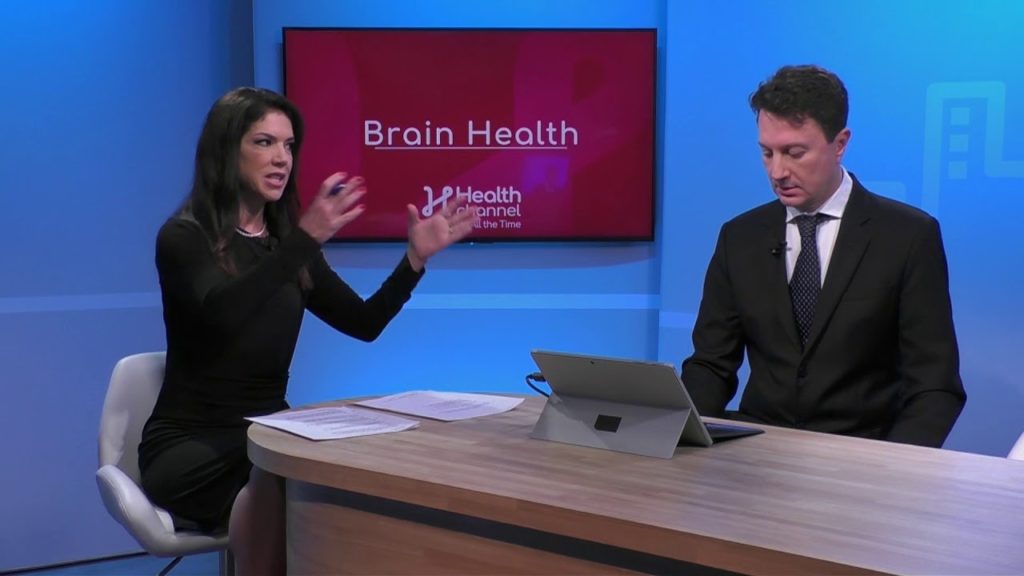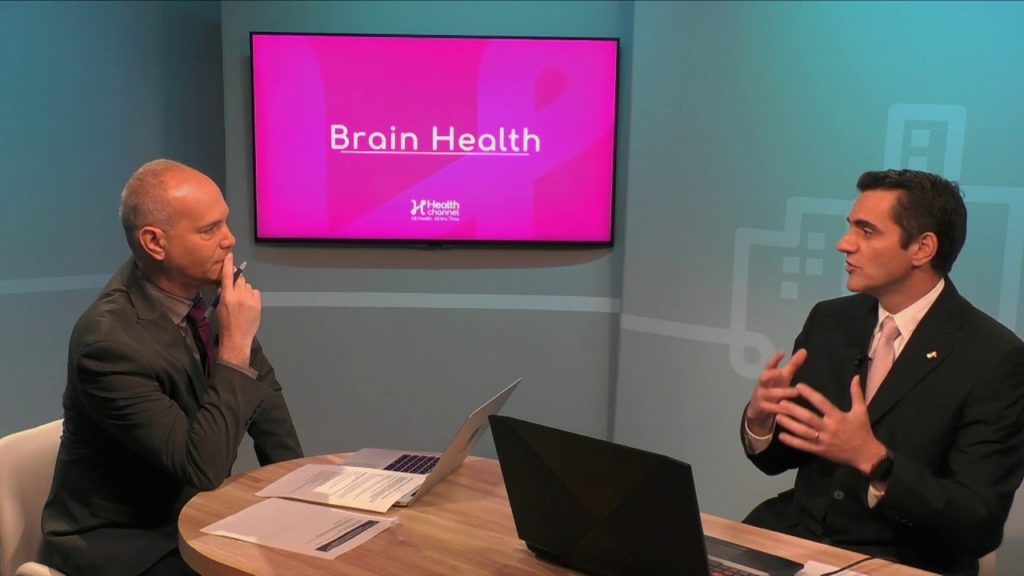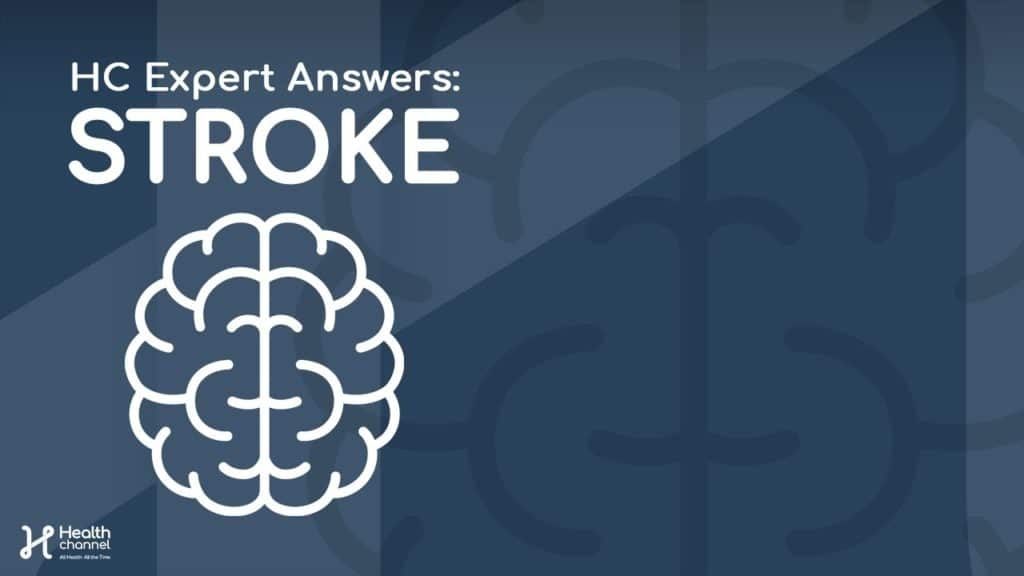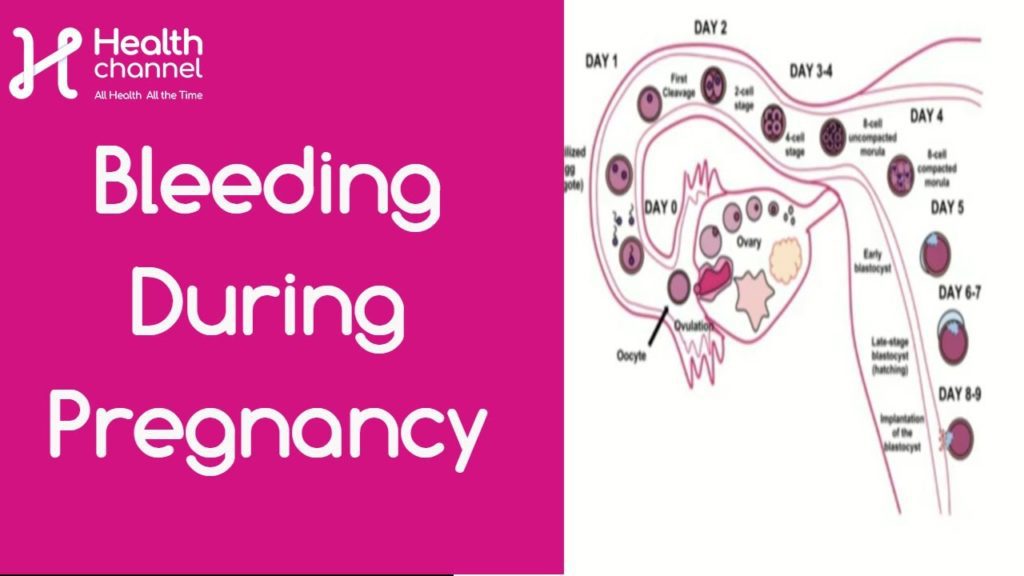
Brain Damage & Stroke
There are several areas in the brain where a stroke can happen, describes Dr. Lucinda Adriana Arenas, Physical Medicine & Rehabilitation Physician with Baptist Health South Florida with a digital imaging. When a stroke happens in the frontal lobe, patients present communication problems (speech) and motor problems. If the stroke occurs in the parietal lobe,…...
Read MoreRecognizing a Stroke
Dr. Felipe de los Rios explains how to recognize the symptoms of a stroke. The doctor explains when a stroke happens, the face can be droopy on one side, the person might not be able to move it very well. De los Rios recommends asking the patient to raise the arm and see if there…...
Read MoreRecurrence of a Stroke
The recurrence of a stroke will depend on its cause, according to Neurologist Felipe de los Rios. As an example, the doctor explains, if the stroke is caused by the fat plaque accumulated in the carotid artery and blocks the arteries, its shape is irregular and the clot can form on that plaque, then that…...
Read MoreDiagnosing a Stroke at Home
Sometimes, the stroke starts gradually and that’s why Dr. Italo Linfante, Medical Director of Interventional Neuroradiology & Endovascular Neurosurgery with Baptist Health Neuroscience Center, recommends calling 911 to assist the patient quickly. Once in the hospital, the doctor will decide which treatment should be applied to the patient, depending on the type of stroke. **************************************************************************************************************************************************************************…...
Read MoreLearning About Stroke
Dr. Felipe de los Rios, Neurologist with Baptist Health Neuroscience Center, says stroke is an injury to the brain that happens when there is a lack of blood flow to the brain. The specialist explains there are three main types of strokes and ischemic stroke is the most common type, which can occur when there…...
Read MoreBrain Lobes and Effects of Stroke
Do you know how many parts does the human brain has? How is it affected by a stroke? Dr. Lucinda Adriana Arenas, Physical Medicine and Rehabilitation Physician with Baptist Health South Florida, explains how a hemorrhagic or systemic stroke affects each section of the brain. ************************************************************************************************************************************************************************** SUBSCRIBE to our YouTube channel: . . Follow us…...
Read MoreOptions for Fertility Insurance Coverage in Florida
Elina Melik-Levine, Advanced Registered Nurse Practitioner with Miami Cancer Institute, affirms unfortunately fertility preservation is not covered by insurance in Florida. However, she says, there are certain foundations that help patients obtain funds or grants to be able to preserve fertility. SUBSCRIBE to our YouTube channel or visit us at --- About All Health TV.…...
Read MoreBleeding during Pregnancy
15 to 25 % of women experience bleeding in their first trimester of pregnancy, but not always can develop into a miscarriage. Dr. Alejandra Salazar, Obstetrician and Gynecologist with Baptist Health South Florida, describes how in some cases bleeding can be a sign of implantation. ************************************************************************************************************************************************************************** SUBSCRIBE to our YouTube channel: . . Follow us…...
Read More

